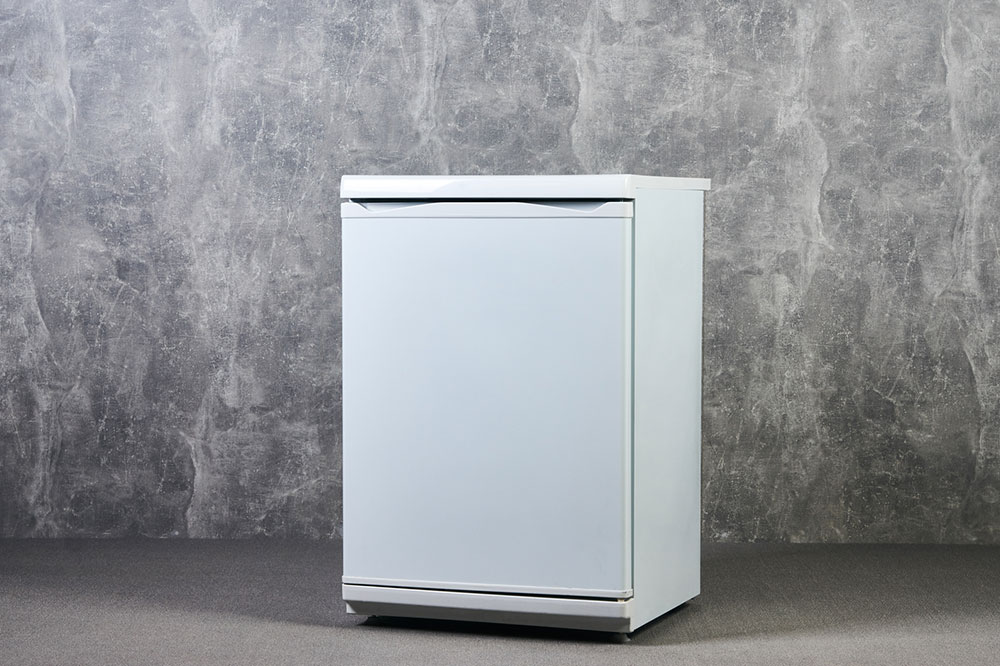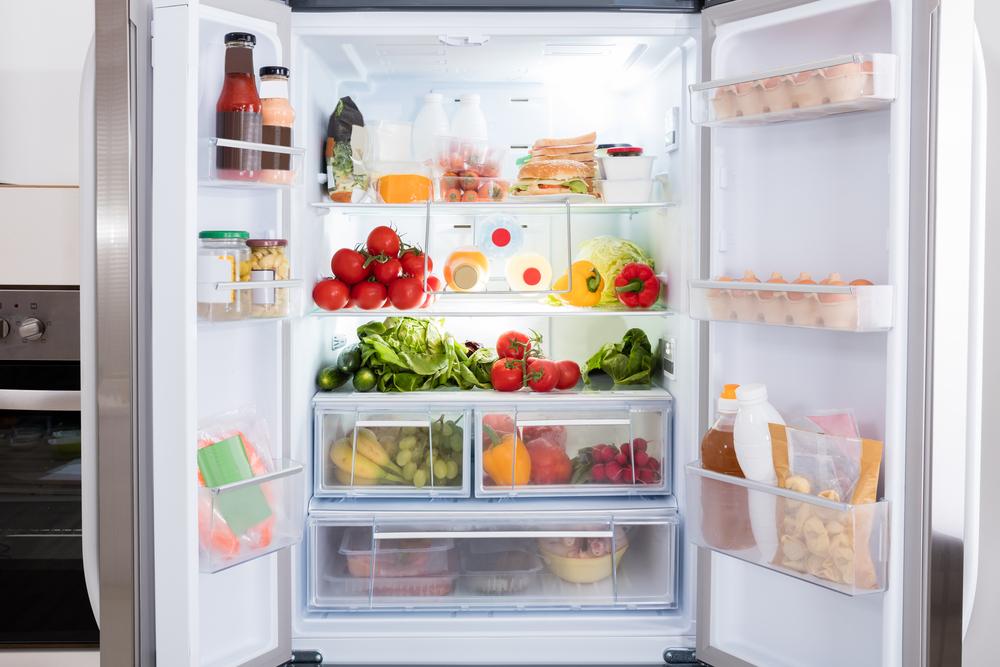Guide to Selecting the Ideal Refrigerator and Freezer for Your Home
This guide helps homeowners choose the right refrigerator or freezer by comparing their functions, features, and key differences. It covers important factors like capacity, energy efficiency, and style, providing practical tips for selecting appliances suited to individual needs. Regular maintenance tips are also included to maximize appliance lifespan and performance, making it a comprehensive resource for appliance buying decisions.

Guide to Selecting the Ideal Refrigerator and Freezer for Your Home
Refrigerators and freezers are essential appliances for food preservation, helping keep items fresh and frozen for longer. Refrigerators operate optimally between 35°F and 40°F, slowing bacterial growth, while freezers work below 0°F for long-term storage. The key difference lies in temperature and purpose: refrigerators are used for daily perishables, and freezers are designed for bulk or seasonal preservation. Factors like capacity, style, and cost should guide your choice to find the best fit for your household needs.
Major differences between refrigerators and freezers
Temperature Range
Refrigerators maintain temperatures of 35°F-40°F, whereas freezers operate below freezing to keep food solidly frozen.
Storage Options
Refrigerator compartments provide multiple zones for different food types, while freezers offer stable low temperatures suitable for frozen goods.
Energy Consumption
Refrigerators often use more energy due to frequent door openings, unlike freezers such as chest models that are more energy-efficient and maintain cold during outages.
Specific Uses
Large families often opt for chest freezers for bulk storage, reducing shopping frequency. Refrigerators are best for everyday essentials like dairy, meats, and prepared meals.
These appliances are versatile: refrigerators store fresh food and come in stylish designs to suit modern kitchens, while freezers allow for bulk and long-term storage, ideal for seasonal harvests. Regular maintenance boosts efficiency and lifespan for both.
Benefits of Refrigerators and Freezers
Discover the advantages of these vital kitchen appliances.
Refrigerators often include a freezer compartment for added convenience and are available in numerous styles to match your decor.
With a variety of models and finishes, consumers can choose options that fit their budget and aesthetic preferences. Many brands offer energy-efficient and feature-rich models.
While freezers may require a higher initial investment, their ability to store large quantities and preserve food quality makes them cost-effective over time. Regular maintenance ensures optimal operation.
Advantages of freezers include:
Effective long-term storage preserves flavor, color, and nutrients.
Buying in bulk saves money on meats and seasonal produce.
Freezing homegrown or seasonal produce prolongs their usability all year round.
Large capacity reduces shopping trips and minimizes food waste.
Modern models consume minimal electricity, making them economical to operate.
Tips for Choosing Your Refrigerator and Freezer
Use these guidelines to select appliances that meet your needs:
Determine your preferred refrigerator style: side-by-side, bottom or top-freezer, French-door, or built-in models. Bottom-freezers offer easier access, while side-by-sides save space but may require more reach.
Look for features like adjustable shelves, temperature control drawers, and energy-saving options for convenience.
Measure your space carefully to ensure proper fit through doorways and within your kitchen layout.
Select a finish that complements your decor; stainless steel is popular for its modern look and durability.
Pay attention to noise levels, especially in open-plan kitchens—choose quieter models if needed.
For freezers, consider size and organization preferences, choosing between chest and upright styles:
Chest freezers provide larger capacity and better efficiency but are less organized and require manual defrosting.
Upright freezers are easier to organize, often feature self-defrosting, but may use slightly more energy.
Evaluate features like defrost options, locking mechanisms, and energy ratings to find the ideal match. Trusted brands such as Whirlpool, LG, Samsung, GE, KitchenAid, Sub-Zero, Viking, and Bosch offer reliable choices across various budgets.
By selecting appliances that align with your storage needs, budget, and space, you ensure efficient performance and longevity.
Note:
Our blog offers detailed insights and suggestions for home appliances. Be sure to verify specific model features and current deals directly from retailers. We aim to assist you in making informed decisions but cannot guarantee the latest offers or complete accuracy for all products.


